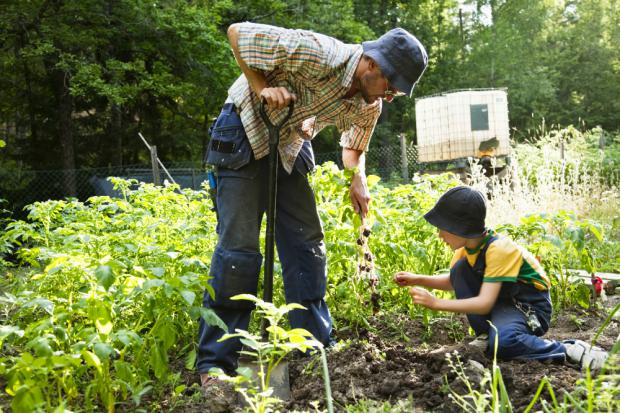
Breaking News
 EXCLUSIVE: "The HUGE Elephant In The Room Is Actually What Jeffrey Epstein Was Best At..."
EXCLUSIVE: "The HUGE Elephant In The Room Is Actually What Jeffrey Epstein Was Best At..."
 EXCLUSIVE INTERVIEW: Republican Candidate For Texas Governor "Doc" Pete Chambers Joins...
EXCLUSIVE INTERVIEW: Republican Candidate For Texas Governor "Doc" Pete Chambers Joins...
 Epstein Files Trigger Political Fallout Across Europe
Epstein Files Trigger Political Fallout Across Europe
 Conjoined twin 'influencers' who have gained more than 280,000 followers with their intimate
Conjoined twin 'influencers' who have gained more than 280,000 followers with their intimate
Top Tech News
 How underwater 3D printing could soon transform maritime construction
How underwater 3D printing could soon transform maritime construction
 Smart soldering iron packs a camera to show you what you're doing
Smart soldering iron packs a camera to show you what you're doing
 Look, no hands: Flying umbrella follows user through the rain
Look, no hands: Flying umbrella follows user through the rain
 Critical Linux Warning: 800,000 Devices Are EXPOSED
Critical Linux Warning: 800,000 Devices Are EXPOSED
 'Brave New World': IVF Company's Eugenics Tool Lets Couples Pick 'Best' Baby, Di
'Brave New World': IVF Company's Eugenics Tool Lets Couples Pick 'Best' Baby, Di
 The smartphone just fired a warning shot at the camera industry.
The smartphone just fired a warning shot at the camera industry.
 A revolutionary breakthrough in dental science is changing how we fight tooth decay
A revolutionary breakthrough in dental science is changing how we fight tooth decay
 Docan Energy "Panda": 32kWh for $2,530!
Docan Energy "Panda": 32kWh for $2,530!
 Rugged phone with multi-day battery life doubles as a 1080p projector
Rugged phone with multi-day battery life doubles as a 1080p projector
 4 Sisters Invent Electric Tractor with Mom and Dad and it's Selling in 5 Countries
4 Sisters Invent Electric Tractor with Mom and Dad and it's Selling in 5 Countries
Weed-free gardening: 4 tips for effective weed control

Fortunately, there are many ways to get rid of weeds and prevent them from coming back without having to use toxic chemicals. Survey your garden for any weeds and consider the following strategies:
1. Mulch garden bed
Bare soil in the garden is an open invitation for weeds to take root. Weed seeds are always being blown into your garden. Insects and birds also drop them into your garden. Those seeds become weeds if they germinate. But to do so, they first need to find their way to the soil surface. This is where mulch comes in.
Mulch benefits plants by keeping the soil cool and moist. At the same time, mulch deprives weeds of light. Organic mulch can even host beneficial insects, such as crickets and beetles, that feed on weed seeds.
However, mulching will only be effective if you do it right. Some light can still pass through chunky mulches. If you discover this too late, chances are the mulch you used is already laced with weed seeds. Therefore, it's important to replenish the layer of mulch. Generally, your mulch should be two to three inches deep. (Related: Want bigger, healthier potatoes? Use straw mulch; it improves soil quality and suppresses weeds.)
2. Stop disturbing the soil
Tilling is important because it allows you to mix organic matter into the soil, break up crusted soil or loosen small areas for planting. But you don't need to till or break up the soil very often as this can damage the soil.



